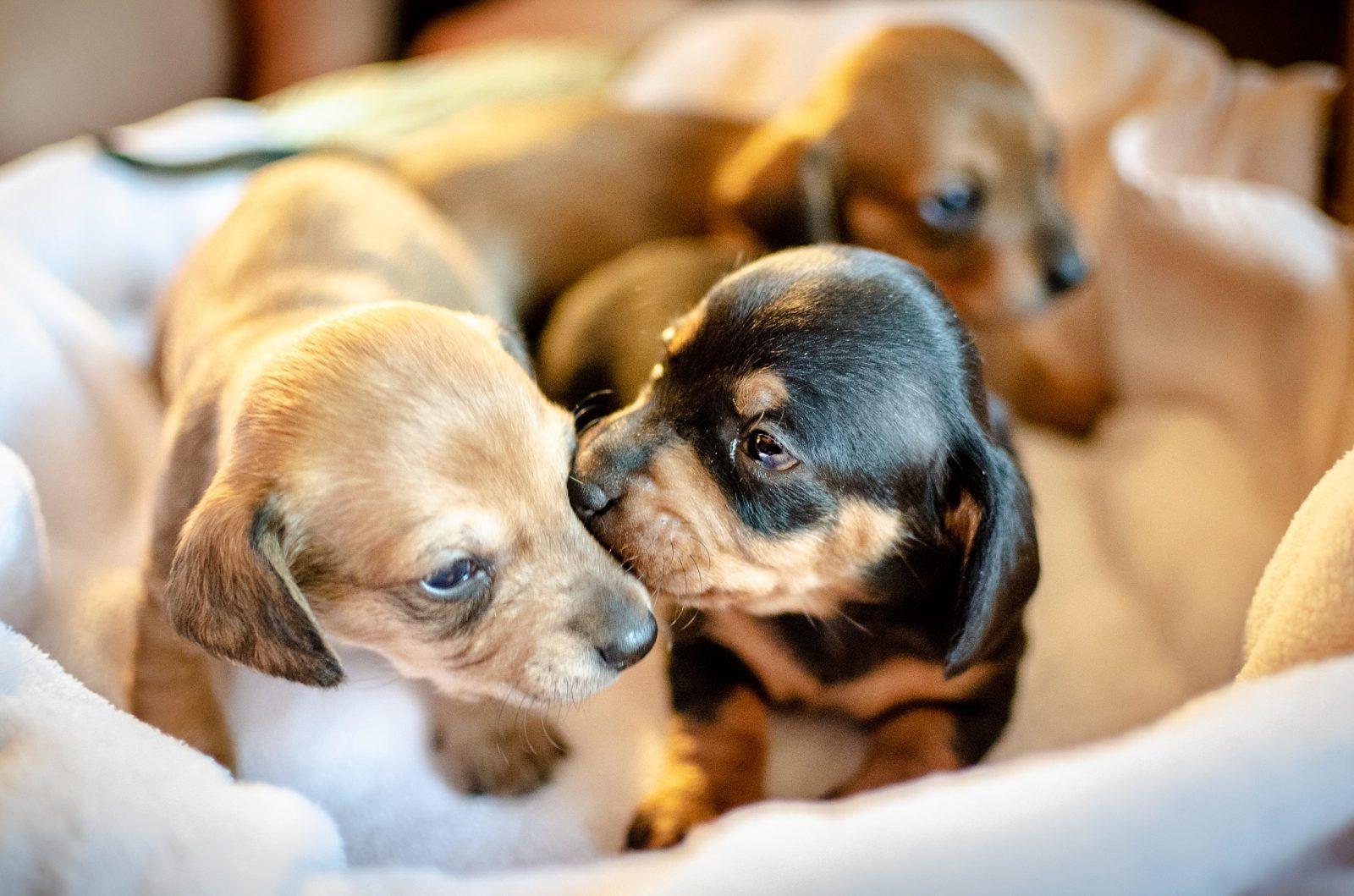Craven District Council is warning pet owners thinking of breeding dogs to sell that they need to be licensed or could face prosecution.
Since the outbreak of the coronavirus pandemic, more people are working from home and dog ownership has become more attractive and easier. This has resulted in a lucrative market with many puppies being sold by unlicensed breeders – often without consideration of the welfare and environmental needs of the puppy.
Prices for puppies have climbed sharply, which may have led some to believe dog breeding is an attractive prospect to help with the recent rise in the cost of living.
Cllr Richard Foster, Leader of Craven District Council, said: “Animal welfare is an important part of the Council’s duty to ensure all animals are treated humanely, responsibly, and with respect. The entire country has seen a massive surge in demand for puppies since the start of the global pandemic. It has led to an increase in the number of people deciding to breed dogs, be it their own family pet or obtaining a dog solely for this purpose.
“We would like to remind pet owners that anyone choosing to sell puppies must adhere to strict welfare standards under the Animal Welfare Act and under Lucy’s Law they must have bred the puppy themselves if they wish to sell under six months of age.”
To be granted a licence, a breeder will need to apply using forms which will be provided by the council, pay the application fee and be subject to a visit to the location used to accommodate their dogs from a council officer and an appointed vet. The process is straightforward and applicants can be provided with guidance throughout.
Sarah Bagley, The Council’s Environmental Health Technical Officer, added: “Any person selling multiple litters is requested to contact the Animal Licensing department at Craven District Council to establish whether they are required to obtain a licence. It is no longer acceptable to rely on the idea that breeding fewer than three litters a year enables sellers to trade without the need for a licence.
“Individuals may not class themselves as businesses, but that doesn’t mean they aren’t seen as such for the purpose of dog breeding and so should not automatically exclude themselves from requiring a licence. The maximum penalty for breeding dogs without a licence is six months imprisonment or an unlimited fine. Any person suspected to be breeding without a licence will be investigated with a view to a possible prosecution.”
Anyone wanting to inform the council of someone breeding without a licence can do so anonymously by calling 01756 700600.
Please note, any income over £1,000 must be declared to HMRC for the assessment of tax payment and failure to do so may lead to an investigation for tax fraud.
For more information, visit:
https://www.cravendc.gov.uk/environmental-health/licences-registration/animal-licensing/






